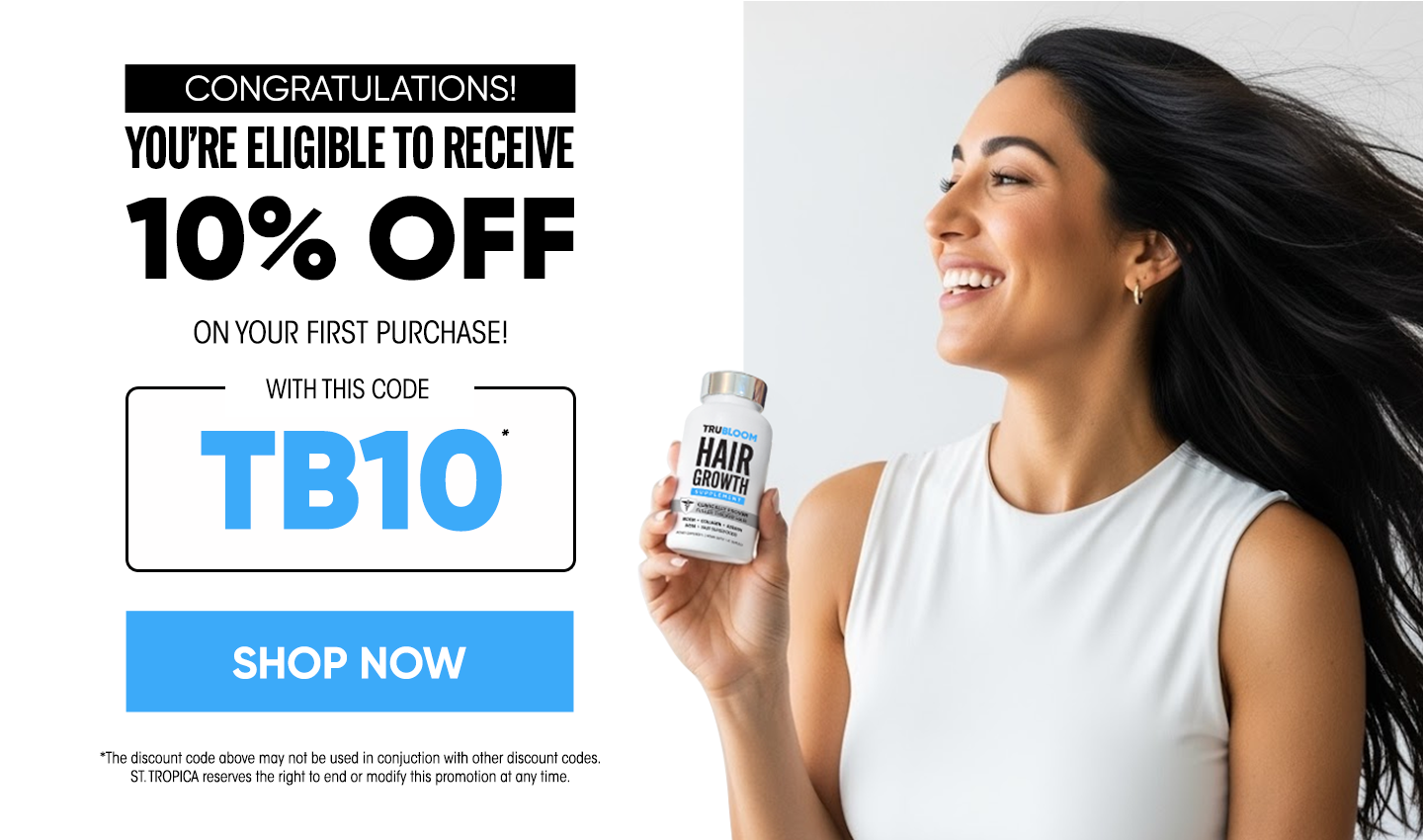
You love that squeaky clean feel a sudsy shampoo gives your hair, don’tcha? We all do! Not so much the dry, frizzy aftermath. Not to be a downer, but the consequences of using sulfate-laden products may burst your bubble.
We’ve come to expect certain things out of a shampoo. It must clean our hair, obvi. It must smell good, or at least not bad. And it must give a good lather. Or should it?
Why You Don’t Want Sulfates in Your Shampoo
What if you learned that sudsiness has little to do with how clean shampoo gets your hair? Sodium Lauryl Sulfate (SLS) and Sodium Laureth Sulfate (SLES) are harsh surfactants commonly used in mainstream shampoos. These guys are responsible for the foaminess we all know and love, plus a few things we aren’t so crazy about.
This is probably not the first time you’ve been steered away from sulfates. Many hair experts advocate avoiding these ingredients as a way to preserve color. The truth is, sulfates do more damage than simply wrecking your fresh ‘do.
These synthetic ingredients strip natural oils from hair and can cause dandruff, dry scalp, frizzy hair, skin and eye irritation, and allergic reaction. The Cosmetic Ingredient Review (CIR) considers SLS a skin irritant when used in concentrations of 2% or greater. The average mainstream shampoo contains anywhere from 0.6%-20% concentration of the ingredient.
You know the feeling of getting shampoo in your eyes? The stinging and burning that just won’t stop? This is SLS at work. If a product contains SLS and does not sting the eyes, like many baby shampoos, it probably contains chemical ingredients with anesthetizing properties that mask the burning effect. Nasty, for sure.
AS for SLES, it is often marketed as the kinder, gentler version of SLS. It is basically the same ingredient, but put through a process called ethoxylation in order to make it milder for skin and hair. And milder it may be, but that processing causes the ingredient to release 1,4-Dioxane, a petrochemical by-product with links to cancer.
Another concern surrounding SLS and SLES is that they are both penetration enhancers, allowing other chemicals to more easily be absorbed into the skin and reach the bloodstream. And if a shampoo contains either SLS or SLES you can be fairly certain it also harbors other not-so-healthy ingredients.
Do Sulfate-Free Shampoos Get Hair as Clean?
You don’t want to expose yourself to these harsh ingredients, but wonder if sulfate-free shampoos work as well at getting hair clean. As with any beauty product, if you don’t like it, you won’t use it. Healthy or not.
You will be relieved to learn that natural hair products that are sulfate-free work just as well as those that contain SLS. As a matter of fact, your hair will be softer, smoother, and healthier when using shampoos made with natural cleansers.
There are safe cleansing ingredients that work well on hair. Sugar or glucose-based surfactants cleanse without stripping or causing irritation. Look for shampoos made with decyl glucoside and laurel glucoside.
If you’ve been taking good care of your hair and are still seeing dryness, frizziness, or scalp irritation, it could be due to these synthetic ingredients. Fortunately, sulfate-free shampoos are on the rise, becoming more popular & more available than ever before. You’ll be amazed how well your hair behaves once you go sulfate-free.
Do yo want to learn more about which ingredients you should avoid in your hair care? Read these next:





Cheryl
May 16, 2022
I had no idea that sulfates were so terrible for your hair! WOW. I am in shock and will never use hair care with sulfates again. Thank you so much for sharing this.